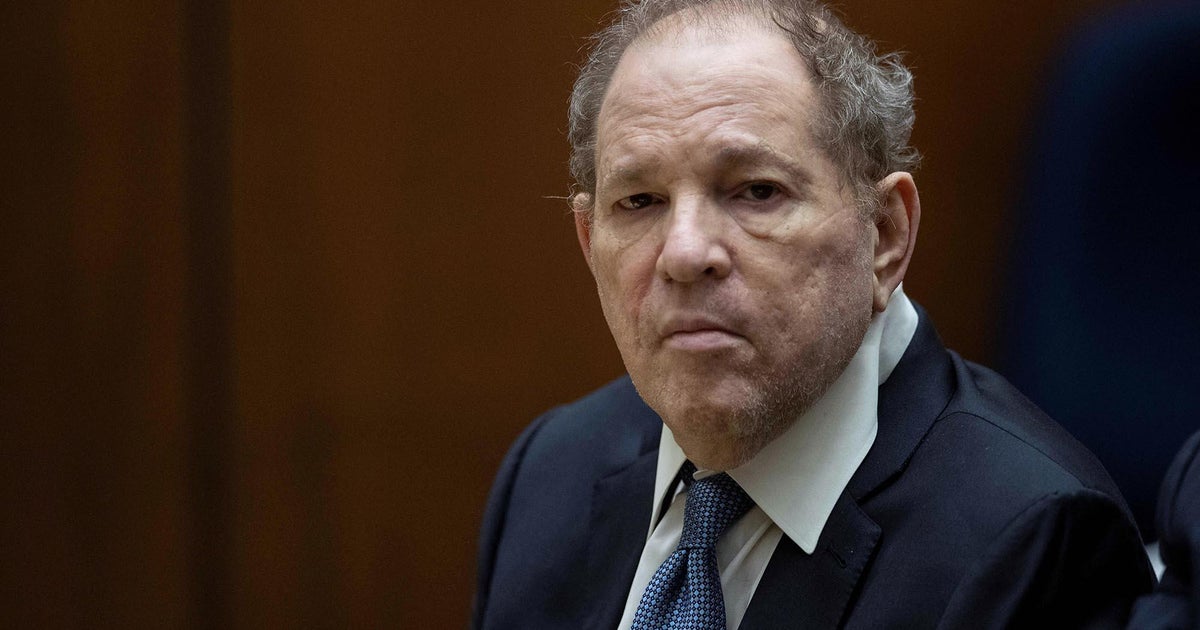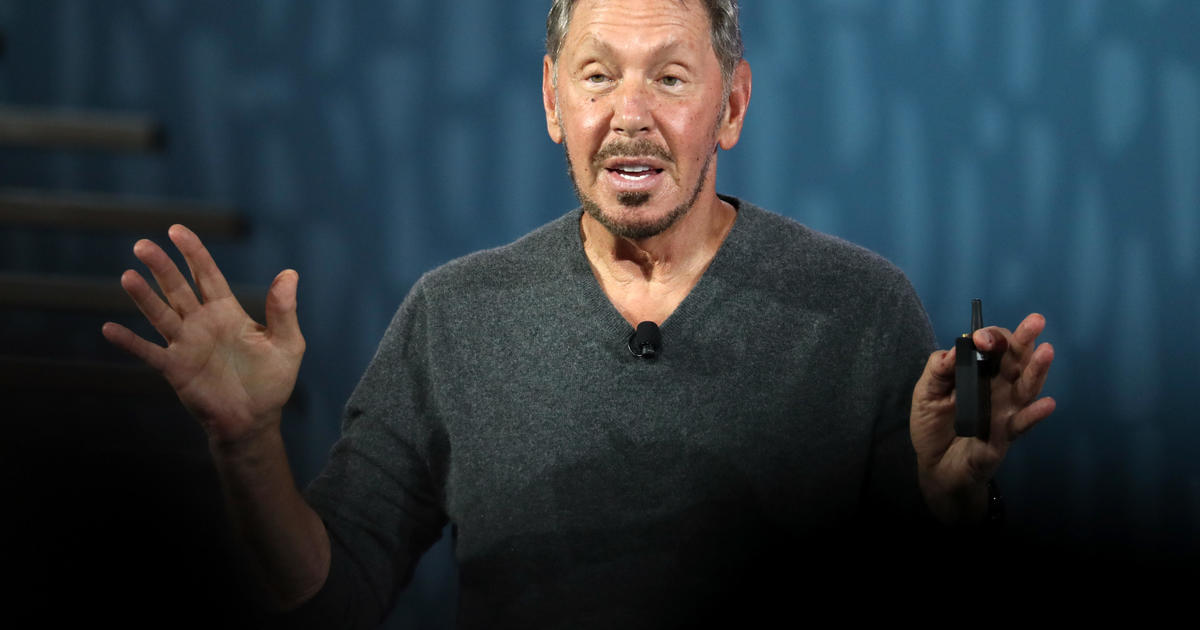Lawsuit against YouTube led by Steve Wozniak set to continue
A state appeals court Friday found a small crack in the fortress that a federal law has built around internet platform companies.
Providing immunity against claims based on content posted to their platforms, Section 230 of the federal Communications Decency Act protects internet companies against suits for defamation, libel and dozens of other state law claims that seek to hold the platform companies responsible for what appears on their sites.
The crack in the fortress wall identified by the California Court of Appeal was just wide enough to allow Apple co-founder Steve Wozniak and a group of scammed watchers of videos on YouTube LLC to proceed with a portion -- albeit a small portion -- of their claims against YouTube and its parent Google LLC.
Section 230 has two prongs that taken together create a broad immunity.
First, an "interactive computer service" (a term that includes platforms like YouTube) shall not "be treated as the publisher or speaker of any information provided by another information content provider." (Information content providers include users who post content on the platform.)
Second, "no liability may be imposed under any State or local law that is inconsistent with this section."
Section 230 was enacted with the idea of creating a vibrant Internet by broadly protecting sites from liability for user-created content. The idea was that immunity would also allow -- and indeed encourage -- platforms to make editorial decisions to remove or forbid offensive posts.
Section 230 immunity is a federal statute and can't be overridden by state law. That has encouraged plaintiffs and their lawyers to explore the contours of the immunity and to style their claims in ways that fall outside the fortress walls.
Wozniak's claim is that scammers hijacked his YouTube channel and, without his knowledge, convinced viewers that he was proposing a cryptocurrency "giveaway" -- users would send crypto to an unidentifiable location and get back double. Of course, users got back nothing and in the process allegedly lost hundreds of thousands of dollars.
He filed his lawsuit along with 17 defrauded users, alleging, among other things, that YouTube knew of such scams, did not prevent them, or even stop them after learning that they were ongoing.
The lawsuit was filed July 21, 2020 and asserted a claim by Wozniak for the alleged misappropriation of his likeness, and a bevy of claims by the scammed users, including fraud, misrepresentation, unfair business practices, negligence and negligent failure to warn.
Finding that Section 230 blocked the claims, the trial court dismissed the complaint, though it gave the plaintiffs permission to try again.
The plaintiffs did so, adding more detail to their allegations. They also added claims for "breach of implied contract" and "promissory estoppel," the latter a legal doctrine that says one who makes a promise expecting another to rely on it can be liable if it is broken.
The changes were not enough to change the trial court's mind and it dismissed the case on May 4, 2022, this time without leave to amend the complaint.
On appeal, the plaintiffs focused on a cluster of different aspects of YouTube's operation that they argued took the case outside of Section 230.
One by one, the state Court of Appeal shot down each argument. In each case, what was being sought, in the court's opinion, was either to impose liability on YouTube for things done by the scammers, or for decisions that YouTube made as a publisher or editor -- particularly its decision not to remove the content.
Central to the court's analysis were two major considerations. First, the scam wasn't created by YouTube but by third parties using its platform. Second, the "content neutral" way the platform operates -- like recommending material to users based on algorithms that determine user preferences -- didn't make YouTube part of the scam.
One feature, however, struck the court as possibly being different.
The plaintiffs alleged that in at least one case, YouTube gave the scammers a "verification badge" -- a blue check -- that signified YouTube had determined that the channel was trustworthy.
Quoting prior decisions, the court said Section 230 does not protect a platform that has made "a material contribution to creation or development of illegal content." However, the contribution must contribute to the alleged "unlawfulness" for the platform to lose immunity.
The court found that the complaint had alleged that the verification badge was a material contribution to the creation or development of the illegal content. The plaintiffs, however, had not shown that the contribution was to the "unlawfulness" of the content.
That meant that the complaint was not sufficient and was subject to dismissal. However, the court said it was "plausible" that the plaintiffs could amend the complaint to remedy that problem. Accordingly, it sent the case back to the trial court to give the plaintiffs another chance.
Whether the decision will prove to be meaningful to the plaintiffs will depend on whether they can amend the complaint to show "how the badges materially contributed to the illegal conduct by plaintiffs."
The court appeared skeptical, pointing out that the plaintiffs had only alleged there was "at least one instance" where a badge had been given to the scammers, and noting that the complaint doesn't say if the verification was issued before or after the hijacking.
The plaintiffs may have one new tool to work with. The lower court did not allow them to take discovery of the defendants because one purpose of immunity was to protect platforms from having to "fight costly and protracted legal battles."
The appeals court stated, "Those grounds have now shifted, and we remand for the trial court and the parties to consider the appropriate scope of discovery in light of our decision and subsequent developments in the trial court."
While that statement is far from a broad authorization for discovery, it seems to crack open the door and give the plaintiffs some room to maneuver.
Requests for comment by the lawyers for the parties were not immediately answered.



